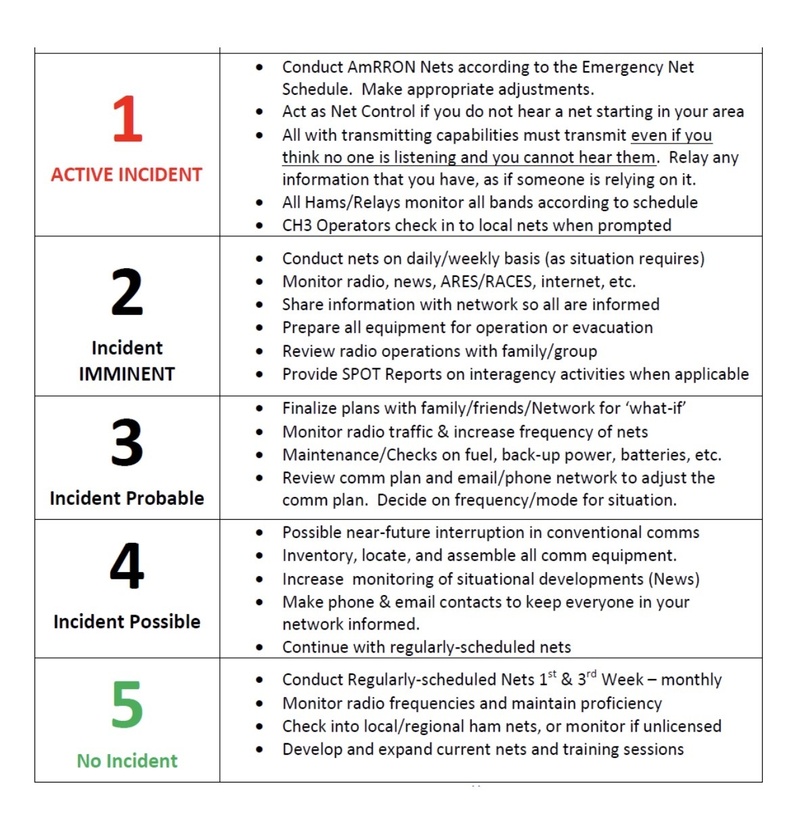
We know what’s coming and we are prepared.
This is a good comprehensive list for preparedness. Also if you have never heard of the LDS preparedness manual it would be a good idea to perhaps look at that as well. It might just give you some additional ideas. If you just Google LDS preparedness manual you will find it
PREPAREDNESS TIP: THE 15 PILLARS OF PREPAREDNESS by Andrew Skousen
Becoming self-sufficient requires a broad base of knowledge and abilities. Although we can never become experts in everything, the more basic skills we acquire the higher our standard of living will be in hard times when equipment, goods and services will be scarce or impossible to find. After reviewing the many tips I have written in the past I have compiled 15 categories of essential areas for preparedness. Most of us “preppers” are well prepared in specific areas that interest us or match our abilities while neglecting others. As you read through this list, pay attention to which areas are strong or weak for you, then focus on bringing the weaker areas up to par. Every category is essential, and ideally, everyone would achieve some proficiency in all categories. This takes time, so don’t be discouraged. Try to take action on something every week, either in line with the tip topic I send out or another area needing attention. Here are the categories and some of the sub-topics to indicate the depth of each subject.
1) Water: Water storage—from spare containers to large, underground cisterns. Berkey and other water filters. Rainwater harvesting, wells, hand pumps, springs, treating surface water, etc.
2) Land: Secure land or secondary retreat with evacuation plan and 72 hour kits/bug out bags. Secluded property, natural barriers, mountain cabin vs. farm, hiding in plain site, vegetation, concealment strategies, fencing, defensive layout, etc.
3) Shelter: Reinforced home, window and door security, secure store rooms, fallout shelter, fences, security alarms, wood fireplaces, backup hot water system, toilets. Personal shelter—cold weather clothing, plastic for windows.
4) Growing and Gathering Food: Gardening—soil, compost, seed starting, the 4 major crops (corn, potatoes and other root vegetables, squash, and beans), harvest methods, and seed saving. Wild foraging—edible plants, berries, mushrooms and how to recognize and prepare them.
5) Preserving food: Canning (steam, water bath, pressure), freeze-drying, dehydrating, root cellar storing, fermenting, salting, smoking, curing, freezing and refrigerating.
6) Stockpiling Food: Grains, protein, oil/fats, dairy, canned goods, nuts and nut butter, salt and seasonings, sweeteners, extra foreign spices, etc. Food processing equipment—grain grinders, solar and other off-grid cooking methods, etc.
7) Food Animals: Raising, harvesting and preserving food from domestic and wild animals. Poultry, rabbits, pigs, sheep, goats, milk cow, cattle, horses, etc. Farm and pasture management, enclosures, water, feed, etc. Hunting wild game.
8) Self defense: Weapons (firearms, knives, etc.), guard dogs, empty hand techniques, body armor, night vision equipment, ammunition, reloading equipment, training.
9) Alternate Energy: Solar, batteries, generators, fuel storage, wood production, lights, flashlights/headlamps, etc.
10) Communication: Family band/GMRS (walkie-talkies), ham radio, shortwave, AM/FM radios, cell phones, landline telephones, computers.
11) Medical care: First aid, suturing, wound and burn care, bone splints, midwifery, herbs (growing, harvesting and using), fire cider and other preventative care, dental care, bentonite clay, iodine, detoxing after radiation sickness, etc.
12) Physical and mental conditioning: Physical fitness, teaching kids, homeschooling, mental toughness, true optimism, hope, choosing battles, working with a resistant spouse, etc.
13) Maintenance, Repair and Construction: Having the right tools, welding, riveting, sewing, fiberglass repair, stockpiling supplies like lumber, steel shapes, glues, fasteners, car parts.
14) Transportation: Better boots, bikes, cars, trailers, bug out vehicles, electric vehicles.
15) Sanitation: Making soap, shampoo, paper product alternatives (toilet paper, napkins and tissues), shaving supplies, washing machines, homemade detergents, borax, washing soda, lye from ashes, etc.
Preparedness is an ongoing effort. It takes time and sometimes requires putting off other pursuits or hobbies to advance our learning in these crucial areas. Often it requires delving into areas outside our comfort zone. Don’t balk at learning in these areas too. You will be surprised how much progress you can make if you just apply yourself and do your best. Whether changing a part on a car, taking a firearms/self-defense class, learning a new aspect of ham radios, or putting up a crock of sauerkraut, it will pay big dividends down the road and give you time to make mistakes before your life depends on it. [END]
This guy wrote a 25 line Python script he claims "can probably unredact all of the Epstein files in less than 30 seconds".
"I am not suicidal, I am a great swimmer, and I look forward to living my life well into my 80s."
Follow @RealWideAwakeMedia for more content like this!
Merch: https://wideawake.clothing
X | YT | IG | Rumble
US / Iranian Conflict
Raising to AmCON 3 (Incident Probable)
Due to the following: deteriorating negotiations between the United States and Iran; the surge in the past 48 hours of “final stage” US military assets into the Middle East; vacating US personnel from bases in Syria; the “Fatwa” issued last summer by Iranian clerics in the Summer of 2025 calling Muslims around the world to rise up if Iran is attacked; the numerous reports of Iranians who have infiltrated the US southern border in recent years and the warnings of “sleeper cells” in the United States, AmRRON is raising the AmCON one level, to Level 3 (Incident Probable).
AmRRON Special Guidance and Instructions:
AmRRON will remain at AmCON 3 until further notice, and we will continuously be monitoring the situation. Additional changes to the AmCON level, and any special instructions or guidance, will be posted here, as well as through the AmRRON member Telegram Channel, the AmRRON Corps Z-Net, and the AmRRON Mobile Team App....

If you’re a parent, this should make your stomach drop!
Every year, millions of families across America proudly display school photos of their children.
On refrigerators. In picture frames. Sent to grandparents and relatives across the country.
But here’s what most parents are never told…
Those school photos are taken by Lifetouch — the largest school photography company in America.
Lifetouch is owned by Shutterfly.
Shutterfly was acquired by Apollo Global Management.
And Apollo Global Management was co-founded by Leon Black — a name that appears in the Epstein files.
That means millions of children’s images are uploaded into databases every single year by a corporate structure tied to someone connected to Epstein.
Let that sink in!
https://vxtwitter.com/i/status/2019500982997041332


















